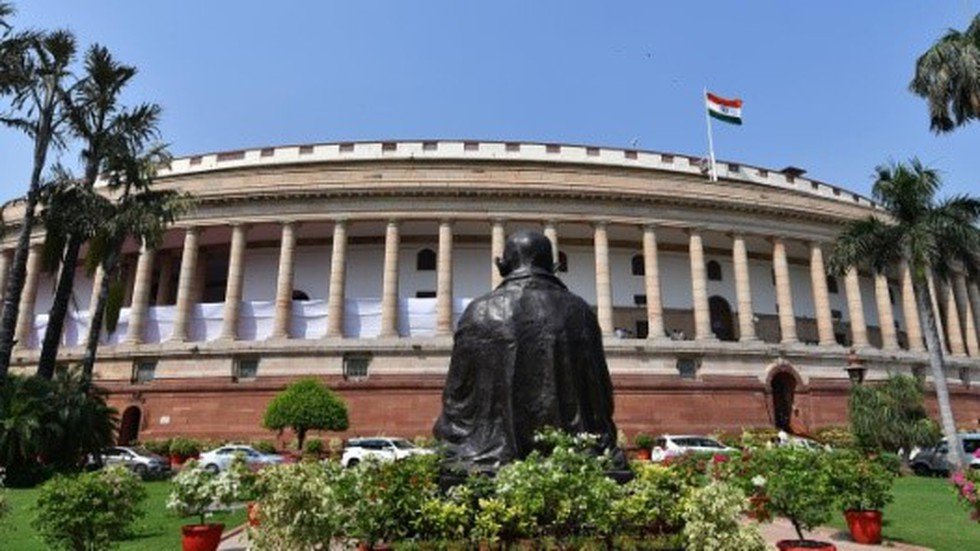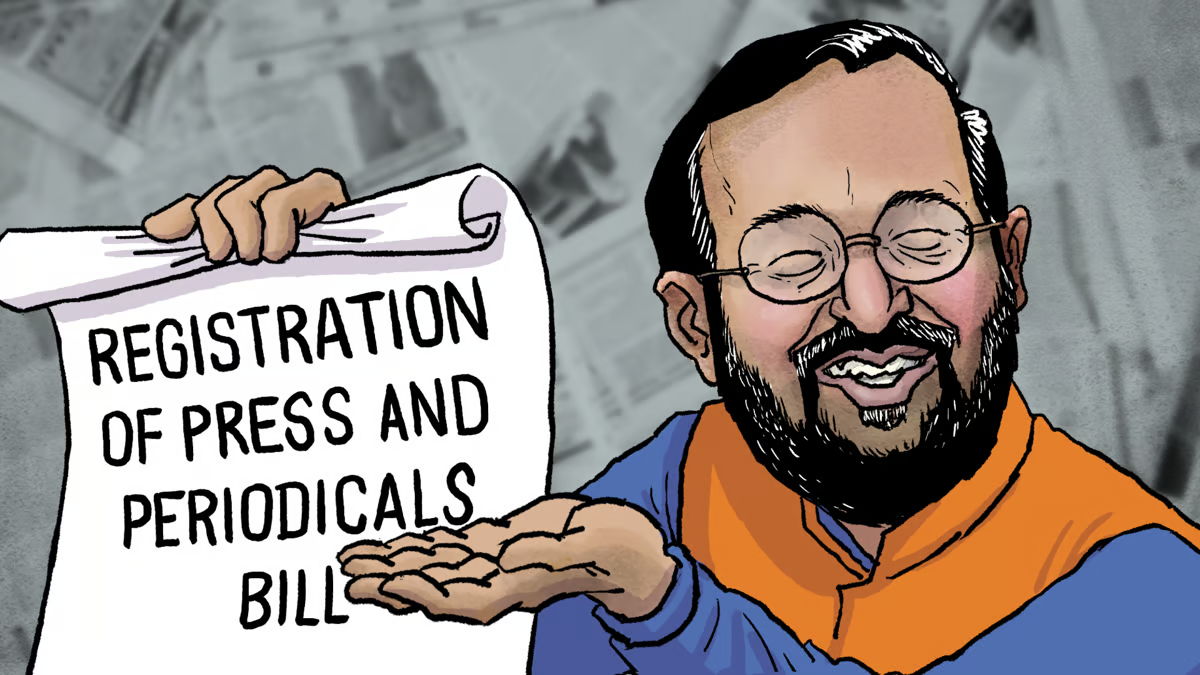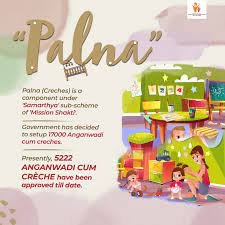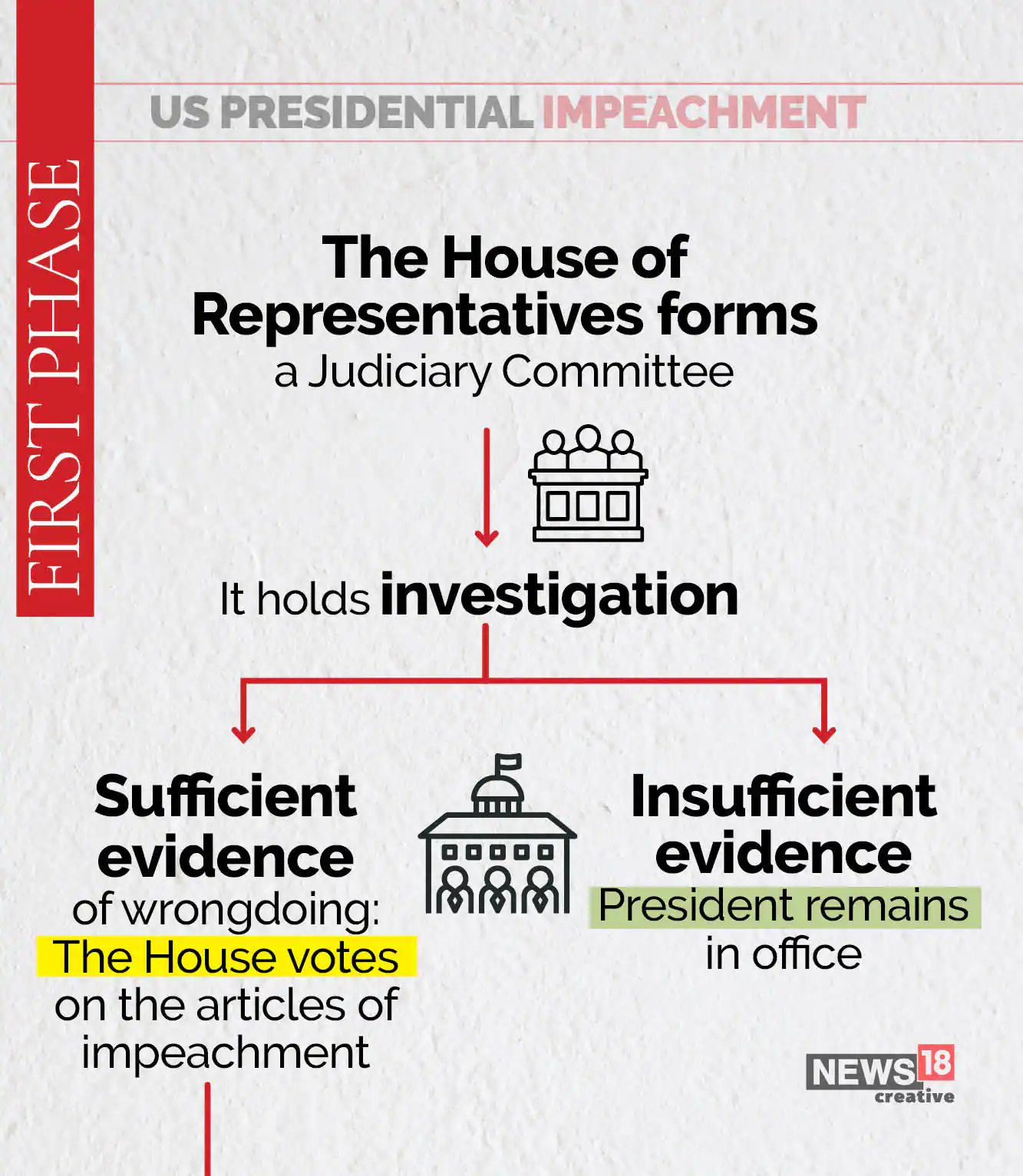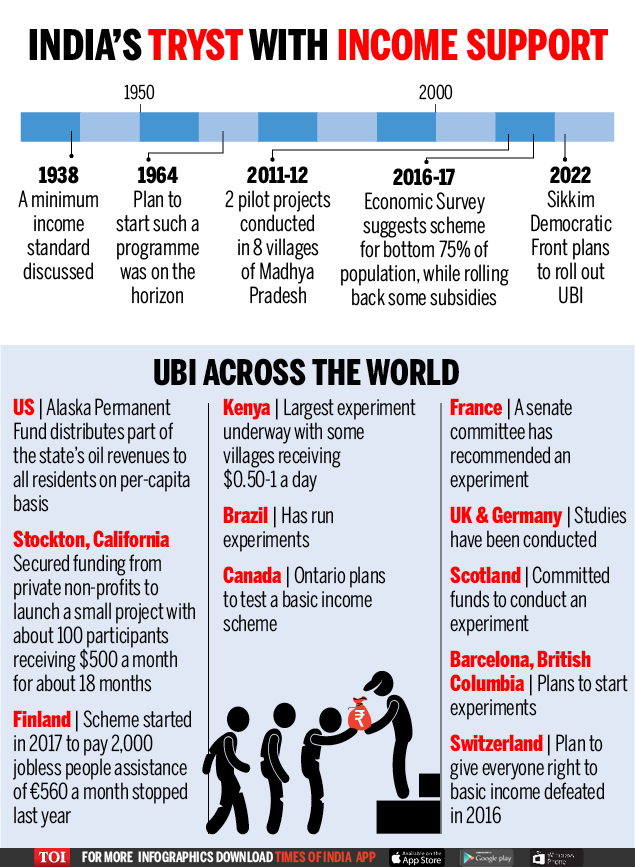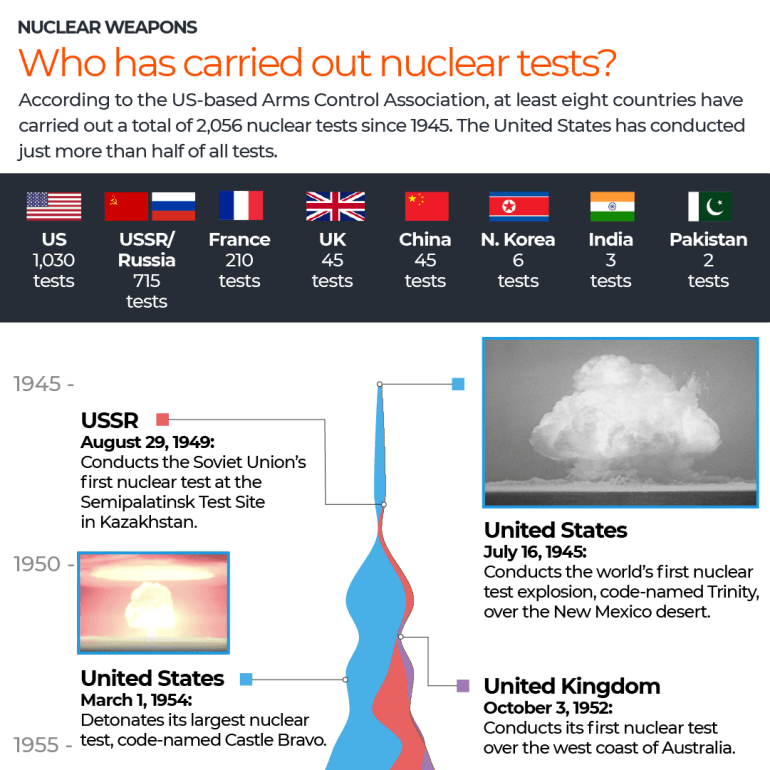
Delisting Parties with Religious Names
Subscribers of "Current Affairs" course can Download Daily Current Affairs in PDF/DOC
Subscribe to Never Miss an Important Update! Assured Discounts on New Products!
Must Join PMF IAS Telegram Channel & PMF IAS History Telegram Channel
- Context (TH I IE): The Delhi HC observed that the De-registration of political parties having names with caste, religious, ethnic, or linguistic connotations has to be decided by the Parliament.
- The PIL by petitioner sought cancellation of political parties having religious symbols and names.
Arguments by the Petitioner
- The use of names with religious connotations or symbols might prejudicially affect the poll prospects of a candidate & amount to corrupt practice under the Representation of the People Act (RPA), 1951.
- Political parties are required to abide by the principle of secularism as mandated by Section 29A of RPA,1951.
- It also violates “Free and fair elections” which is part of the Basic Structure of the Constitution.
|
SC’s Observation
- “Using such a name is not enough. Parties having a different name may be far more communal.
- HC remarked that the matter is in the “policy domain” and is outside the judiciary’s ambit.
Theory of Separation of Power
|
Election Commission’s (EC) Response
- The EC maintained that “there is no express provision which bars associations with religious connotations to register as political parties under Section 29A of the RPA-1951”.
- Canceling the party symbols with religious connotations is legally untenable as a symbol reserved for a national or state party is strictly based on its electoral performance.
- EC generally does not have the power to deregister political parties.
|
Legislative and Executive measures on the usage of Religious Names And Symbols
- ECI had taken a policy decision in 2005 to not register parties with such names.
- Legacy Issues: Parties with such names registered before 2005 have been using these names for decades as legacy.
- EC order in 2014, directed that political parties seeking registration should not have religious connotations.
- The Election Symbols (Reservation and Allotment) Order, of 1968 bars parties from having symbols with religious or communal connotations.
- Sec 29 of the RPA,1951 does not have a provision that bars associations with religious connotations from registering as political parties.
- A Bill to amend the RPA, 1951 to ban registration of political parties from bearing religious connotation was introduced in 1994, but it was not passed and lapsed.
|
De-registration of Political Parties
- De-registration refers to the cancellation of the registration of a political party.
- ECI is not empowered to de-register parties.
- Grounds for Deregistration of a Political Party:
- Its registration was obtained by fraud.
- It is declared illegal by the Central Government; or
- A party amends its internal Constitution and notifies the ECI that it can no longer abide by the Indian Constitution.
- Once a political party is deregistered, it cannot contest elections.
|
De-recognition/Delisting of political parties
- De-recognition refers to the withdrawal of recognition of a political party by the ECI.
- Such parties are simply declared as registered-unrecognized parties (RUPP).
- The ECI has the power to derecognize a political party if it violates the provisions of the IC or the RPA, 1951.
- The ECI can only delist the inactive parties and refer the matter to the Central Government for further action.
Registered Unrecognised Political Parties (RUPP)
|
Recognised Political Party
- A recognized political party shall either be a National party or a State party.
- To become a recognized political party either at the state or national level, a party has to secure a certain minimum percentage of polled valid votes or a certain number of seats in the state legislative assembly or the Lok Sabha during the last election.
- The recognition granted by the EC to the parties determines their right to certain privileges like
- Allocation of the party symbols,
- Provision of time for political broadcasts on state-owned television and radio stations,
- Access to electoral rolls.
Representation of People Act 1951
- It regulates the actual conduct of elections and by-elections.
- It provides administrative machinery for conducting elections.
- It deals with the registration of political parties.
- It specifies the qualifications and disqualifications for membership of the Houses.
- It provides provisions to curb corrupt practices and other offenses.
- It lays down the procedure for settling doubts and disputes arising out of elections.
- Provisions Related to Political Parties:
- Every association or body to become a political party must be registered with the ECI whose decision regarding registration will be final.
- Registered political parties, over time, can get recognition as ‘State Party’ or National Party’ based on their performance.
What Powers does Symbol’s Order 1968 provide to ECI?
- An electoral or election symbol is a standardized symbol allocated to a political party.
- They were introduced to facilitate voting by illiterate people.
- Every national party and every state party is allotted a symbol exclusively reserved for its use throughout the country and the states respectively.
- EC can decide disputes among rival groups or sections of a recognized political party staking claim to its name and symbol.
- The EC is the only authority to decide issues on a dispute or a merger under the order.
- The Supreme Court (SC) upheld its validity in Sadiq Ali and another vs. ECI in 1971.
- This applies to disputes in recognized national and state parties.
- For splits in RUPP, the EC usually advises the warring factions to resolve their differences internally or to approach the court.





![PMF IAS Environment for UPSC 2022-23 [paperback] PMF IAS [Nov 30, 2021]…](https://pmfias.b-cdn.net/wp-content/uploads/2024/04/pmfiasenvironmentforupsc2022-23paperbackpmfiasnov302021.jpg)
